Supreme Court Wants Justice Department to Weigh in on Cox Copyright Case
The nine justices haven't decided yet whether they will take the case.

WASHINGTON, Nov. 25, 2024 – The Supreme Court wants the Justice Department’s take on a $1 billion copyright dispute between Cox Communications and major record labels.
More than 50 record labels sued Cox in 2018 for not taking subscribers offline fast enough after they repeatedly pirated songs, arguing the company was liable for their copyright infringement. A Virginia jury issued a $1 billion verdict against Cox, which the Fourth Circuit tossed out in February while affirming the company infringed under a standard that carries fewer penalties.
Both Cox and the music industry went to the Supreme Court, with Cox wanting off the hook entirely and the labels asking for the damages to be reinstated.
“The Solicitor General is invited to file a brief in these cases expressing the views of the United States,” the one-sentence order read. It’s not clear whether current SG Elizabeth Prelogar or John Sauer, tapped by President-elect Donald Trump to take the job in his administration, will pen the filing. Sauer served as a fedral prosecutor and Missouri's solicitor general, and represented Trump in the presidential immunity case earlier this year.
The labels used bots to notify ISPs of suspected piracy, and Cox said in its August petition to the high court that it sent warning emails to flagged subscribers before sometimes suspending or cutting off service if notices kept coming in. Cox counts about 6 million cable broadband subscribers, 57,000 of whom are alleged to have infinged in this case.
The labels wanted Cox to terminate those connections sooner, and argued not doing so made the company liable for the infringement happening via those connections.
The Fourth Circuit found Cox didn’t directly profit from the piracy, which nixed the $1 billion in damages, but judges said the company did contribute to infringement by continuing to provide the connections.
“We are pleased the Supreme Court has sought the views of the Solicitor General in this landmark copyright infringement case,” a Cox spokesperson said. “We asked the Supreme Court to take this case because the lower court ruling would hold internet service providers liable for the conduct of their users, inadvertently harming non-infringing users, and jeopardizing internet access for all Americans.”
Sony Music Entertainment, which led the group of record labels, did not immediately respond to a request for comment.


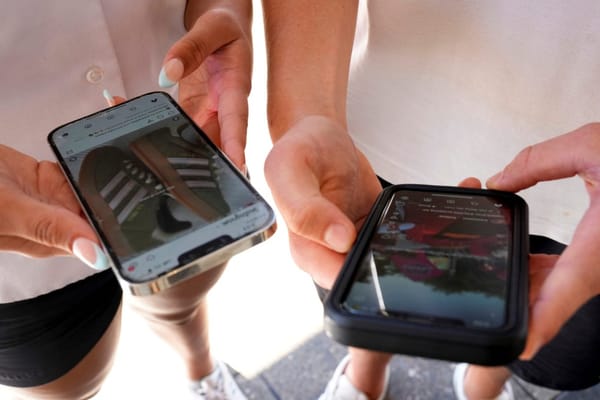
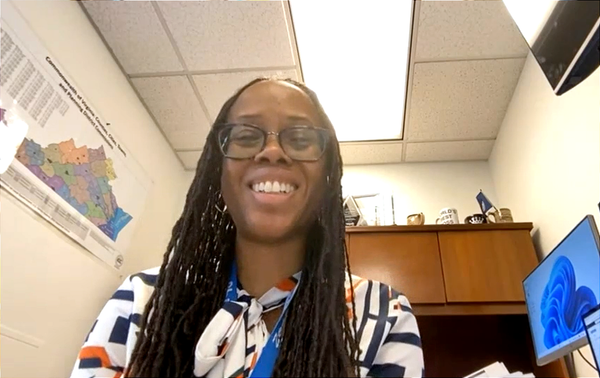
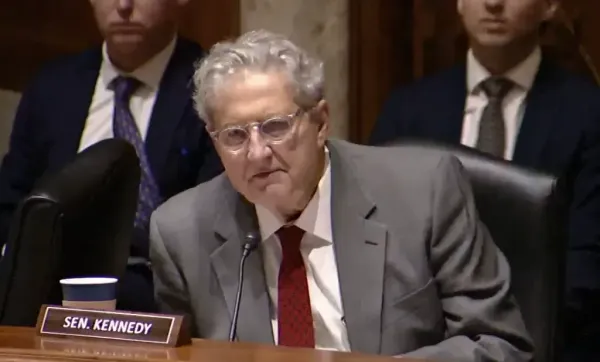
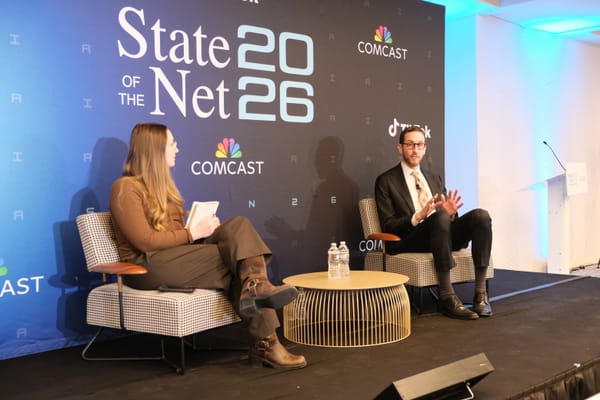
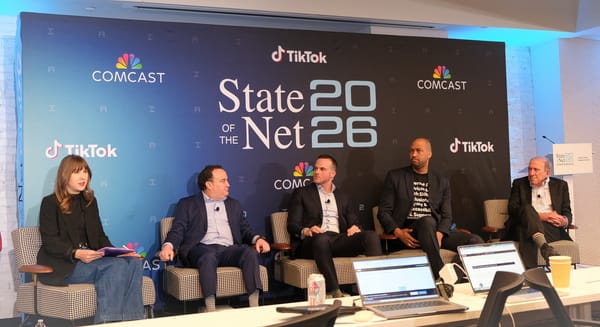

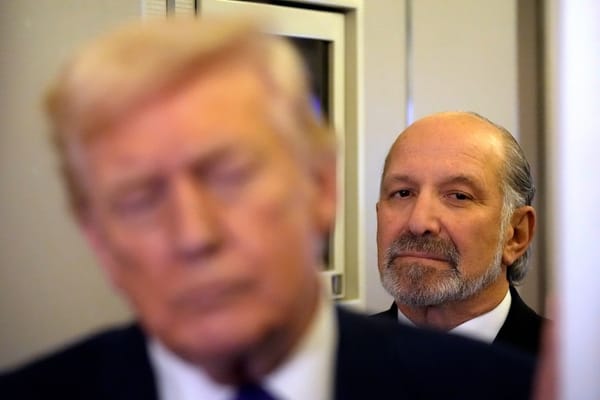
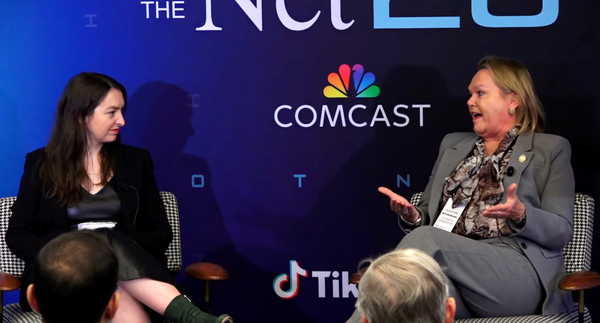


Member discussion